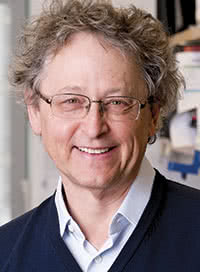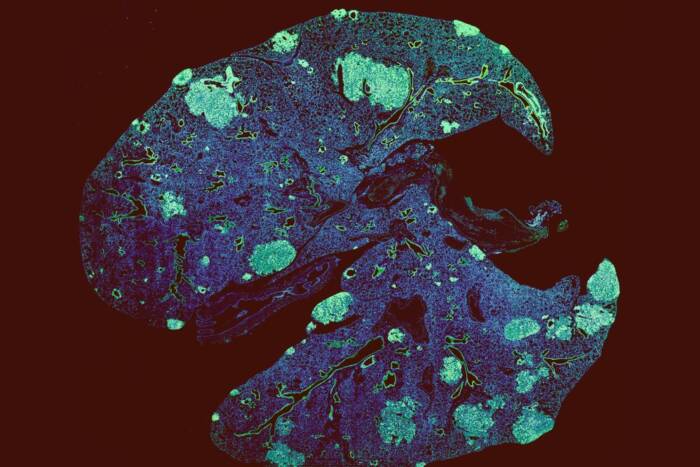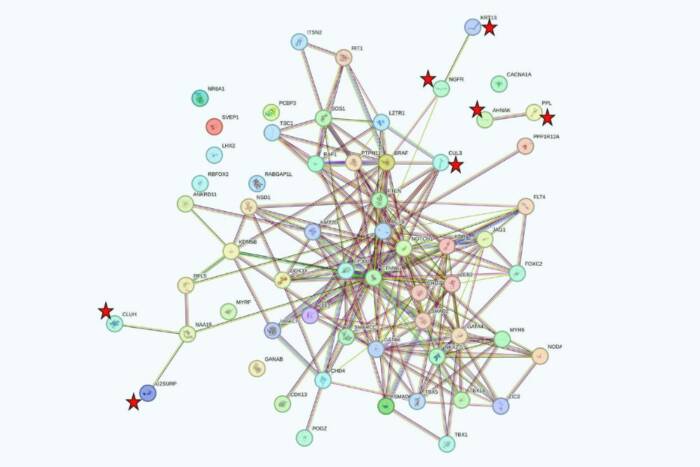Michel C. Nussenzweig honored with the 2016 Robert Koch Award
Michel C. Nussenzweig, Zanvil A. Cohn and Ralph M. Steinman Professor and head of the Laboratory of Molecular Immunology, has won the 2016 Robert Koch Award. Nussenzweig will share the €100,000 prize, given by the Robert Koch Foundation of Germany, with Alberto Mantovani from Humanitas University for their outstanding achievements in immunology. They will be honored at a formal ceremony in November.

Michel C. Nussenzweig
Based in Berlin, the Robert Koch Foundation is a nonprofit organization that supports medical advancement, primarily in the field of infectious diseases, through the promotion of basic scientific research. Robert Koch, the award’s namesake, was the founder of modern bacteriology, for which he won the 1905 Nobel Prize in Physiology or Medicine. From 1891 until his retirement in 1904, Koch was head of the Institute for Infectious Diseases in Berlin. The Robert Koch Award is one of Germany’s most prestigious scientific prizes.
Nussenzweig, who is also senior physician at The Rockefeller University Hospital, a Howard Hughes Medical Institute investigator, and director of the Christopher H. Browne Center for Immunology and Immune Diseases, studies molecular aspects of the immune system’s innate and adaptive responses. His work on adaptive immunity focuses on B lymphocytes and antibodies to HIV-1, while his studies of innate immunity target dendritic cells. Nussenzweig’s research has led to the development of innovative new vaccines against pathogens and to new treatments for autoimmunity.
Much of the work in Nussenzweig’s lab centers on isolating and cloning highly potent human antibodies for use in clinical studies of HIV-1 prevention and therapy. In clinical trials conducted at The Rockefeller University Hospital, a broadly neutralizing antibody, 3BNC117, which had been isolated from an HIV-infected patient whose immune system had an exceptional ability to neutralize HIV in the blood, was shown to interfere with chronic HIV infection in ways that traditional antiretroviral therapy does not, suggesting it might lead to long-term control of the virus.
Nussenzweig received his Ph.D. from Rockefeller and his M.D. from New York University School of Medicine. He completed clinical training at Massachusetts General Hospital and postdoctoral work at Harvard Medical School. He was named to Rockefeller’s faculty in 1990. Nussenzweig is a member of the National Academy of Sciences, the National Academy of Medicine, the American Academy of Arts and Sciences, and the Brazilian Academy of Sciences. Among other honors, Nussenzweig has received the 2004 American Association of Immunologists-Huang Foundation Meritorious Career Award and the 2008 Lee C. Howley Sr. Prize for Arthritis Research.
This is the third consecutive year that a Rockefeller scientist has won the Robert Koch Award. Jean-Laurent Casanova received the prize in 2014 for his work on understanding host genes and their products in infectious diseases, and Charles Rice won it last year for his groundbreaking work on the hepatitis C virus. In addition, Ralph Steinman won in 1999 for discovering dendritic cells and their influence on immunity, and René Jules Dubos was the first Rockefeller recipient of the prize in 1960.


